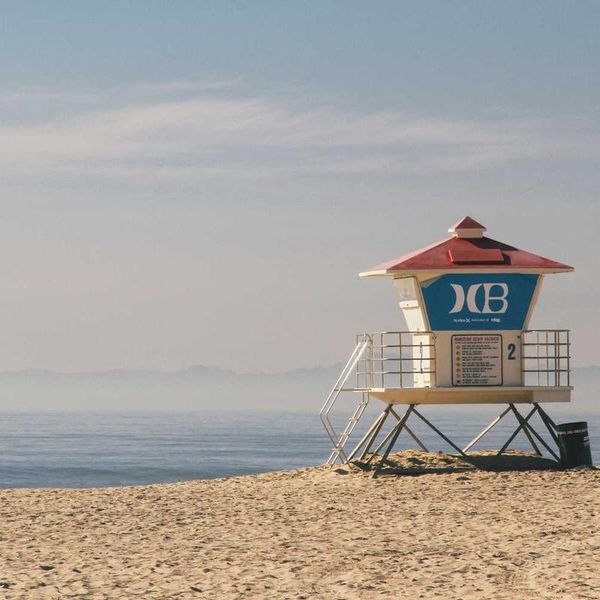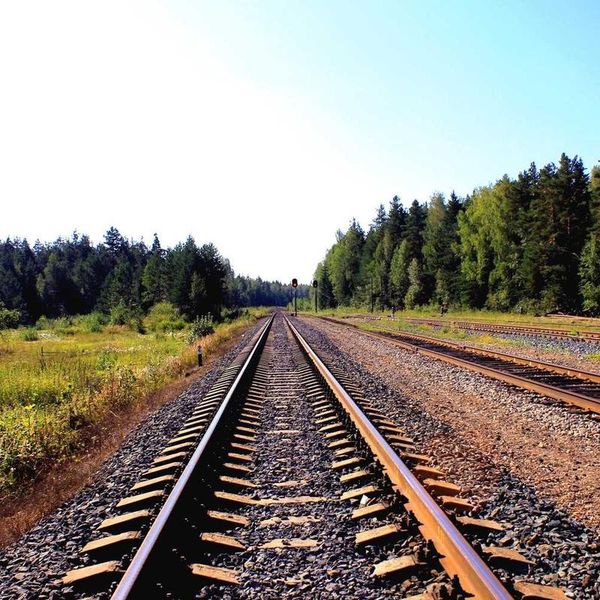
How Texas Could Destroy Its Electricity Market

Texas is one of the country’s biggest producers of zero-emissions energy. Last year, the Lone Star State surpassed California to become the country’s No. 1 market for utility-scale solar. More solar and batteries were added to the Texas grid in 2024 than any other energy source, and the state has long dominated in onshore wind.
But that buildout is now threatened. A new tranche of bills in the Texas House and Senate could impose punitive engineering requirements on wind, solar, and storage plants — even those already in operation — and they could send the state’s power bills soaring.
Doug Lewin is the founder and CEO of Stoic Energy Partners in Austin, Texas. He writes the Texas Energy and Power Newsletter, and he is the host of the Energy Capital podcast. On this week’s episode of Shift Key, Jesse and Rob talk with Doug about how Texas became a clean energy powerhouse, how it has dealt with eye-watering demand power growth, and why a handful of bills in the Texas statehouse could break its electricity market. Shift Key is hosted by Robinson Meyer, the founding executive editor of Heatmap, and Jesse Jenkins, a professor of energy systems engineering at Princeton University.
Subscribe to “Shift Key” and find this episode on Apple Podcasts, Spotify, Amazon, or wherever you get your podcasts.
You can also add the show’s RSS feed to your podcast app to follow us directly.
Here is an excerpt from our conversation:
Robinson Meyer: What is the menagerie of legislation here that folks need to understand? What should they be following?
Doug Lewin: There’s a couple of different flavors of this. There’s a bunch of them that are just right up, they’re on a level like 1A, 1B, 1C, 1D — they’re all major, major problems that if any of them passed, the cost for all consumers in Texas would go up. And this is something that I think is starting to set in at the legislature right now — that members are starting to think about, what does this vote look like? If I actually take this vote and power prices go up 20%, 50%, 80%, what have I just done? That’s starting to set in.
But I would say one of them that is the most pernicious — and I think you’re going to see this around the country as a lot of the national groups start talking about it more and more — is firming requirements on renewables and assigning them to individual projects, or even individual developers across their portfolios. Because as you guys know, and I think most of your listeners know, but legislators don’t necessarily know yet — they’re getting an education in real time right now — you don’t firm for individual resources. You firm for a system, right? That is far more economically efficient. '
And we should talk about the right level of how many backups we need. Those conversations have been going on for years, and they continue to go on in Ercot stakeholder forums and at the Public Utility Commission. But to require every resource to have its own backup, you create, as I heard one witness at one of the hearings say, you’ve got a thousand mini Ercots, right? Everybody’s gotta have their own backup. That is an insane way to run an energy system.
Meyer: Can you just describe what exactly you mean by — like, what would it mean to firm up solar? What do these bills actually require?
Lewin: One of them actually requires solar to have full, 24-hour, round the clock backup. So like, forget the fact that solar has meant so much for Texas in the summertime. We had no conservation alerts last year, 2024, the sixth hottest summer in the history of the state. Not only did we not have any blackouts or energy emergencies, not even a conservation alert, all summer long. Because that 30 gigawatts, when it’s hottest, when it’s 105 degrees [Fahrenheit] and all those air conditioners are cranking all around Texas — we love our air conditioning — solar is just perfectly suited for that. But no, you would have to back it up around the clock.
Music for Shift Key is by Adam Kromelow.









